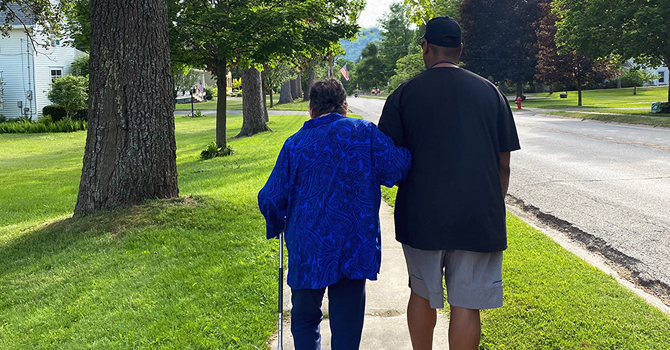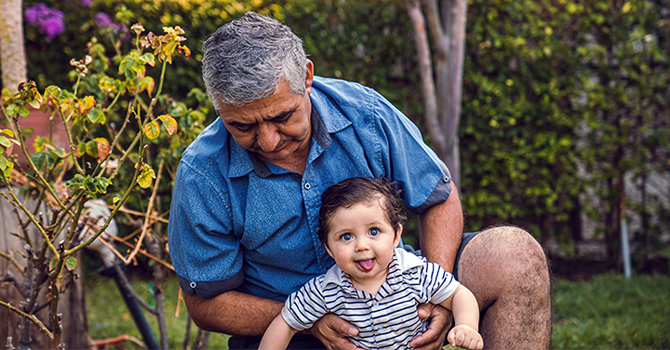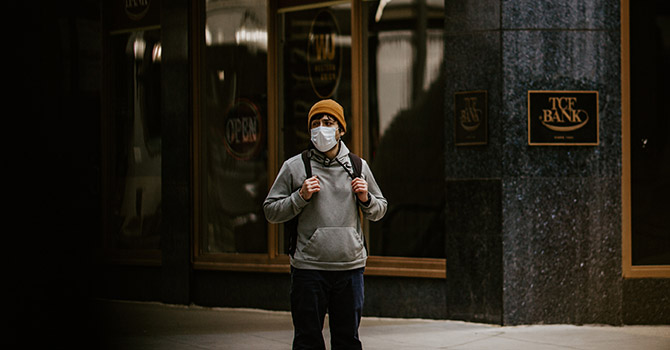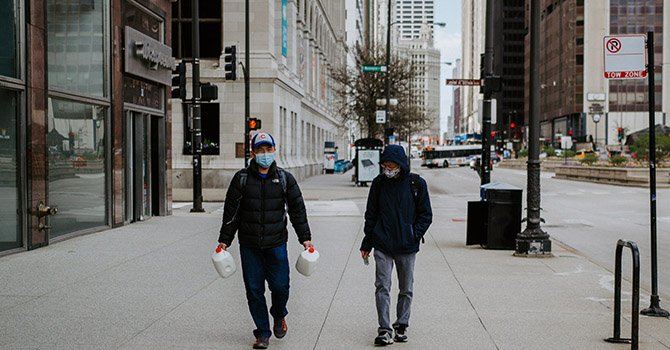
Pouring from a Full Cup: Maintaining Health and Wellness for Caregivers of Older Adults with Chronic Disease
Alex Eanes, MPH ’20
The constant demands of caregiving can create physical and psychological stress with little opportunity for adaptation, potentially resulting in negative physical and mental health outcomes for the caregiver. These burdens can be reduced by following proper measures for self-management.





